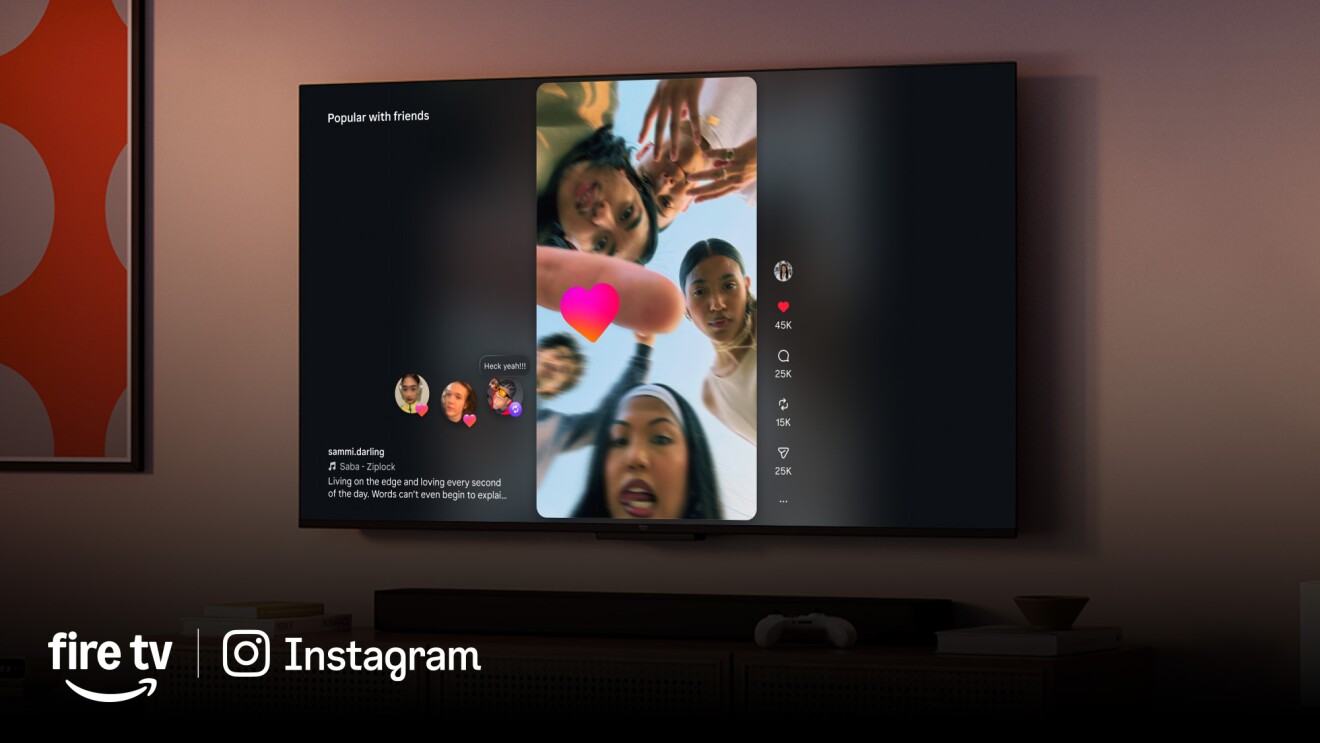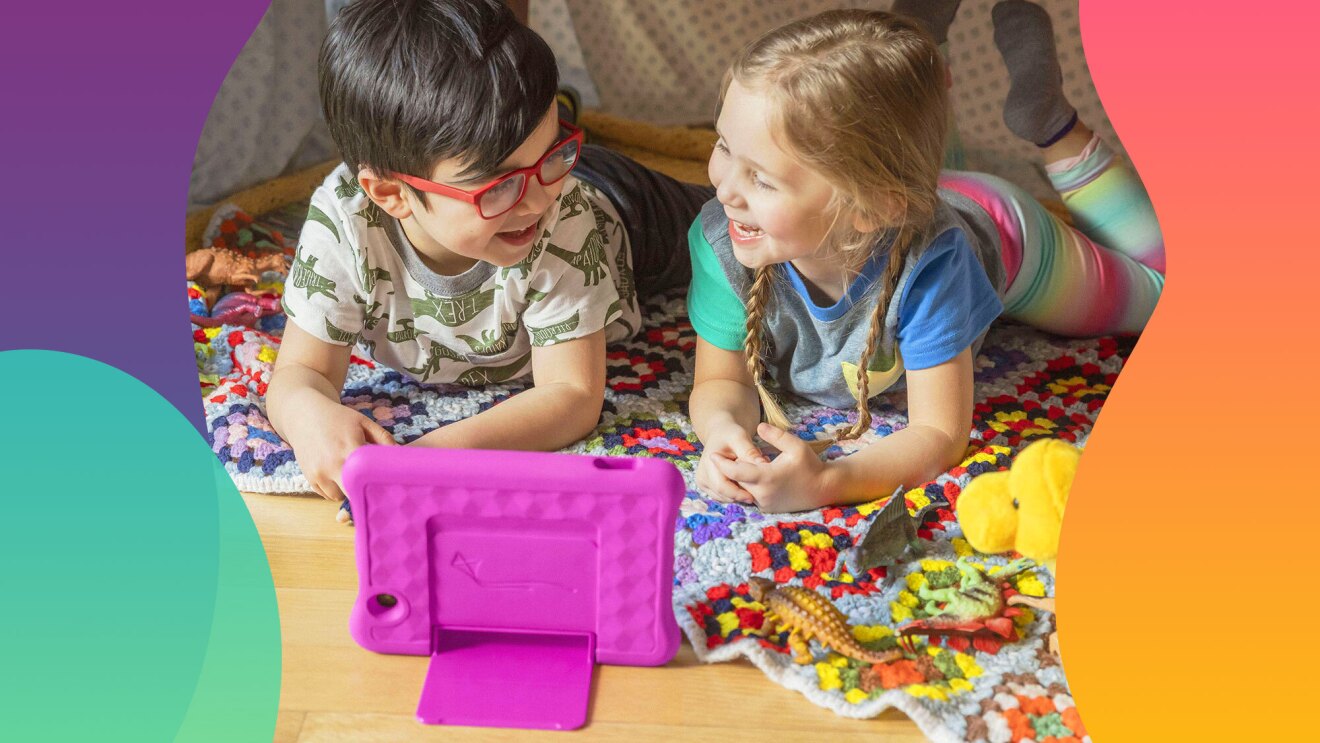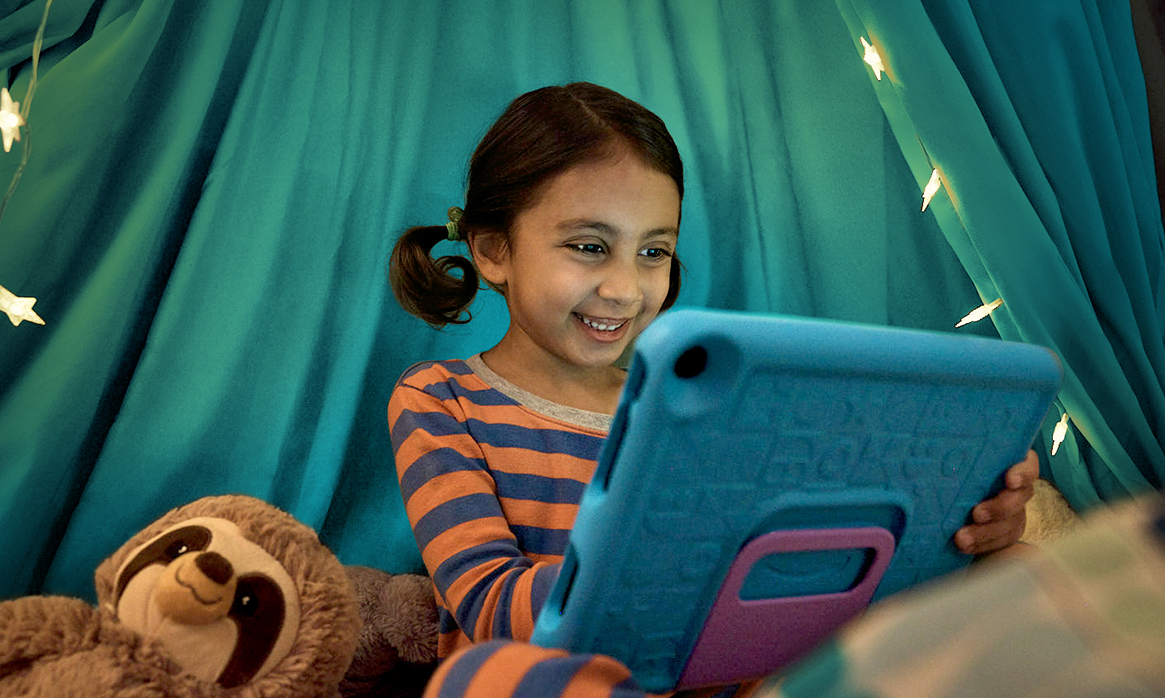Readers around the world have a variety of reasons to dive into a great book every day. A new survey commissioned by Kindle and conducted by Kelton Global in 13 countries shows just how meaningful reading can be in our lives: reading boosts happiness and can also help us connect with each other and improve our relationships.
Frequent readers are happier readers
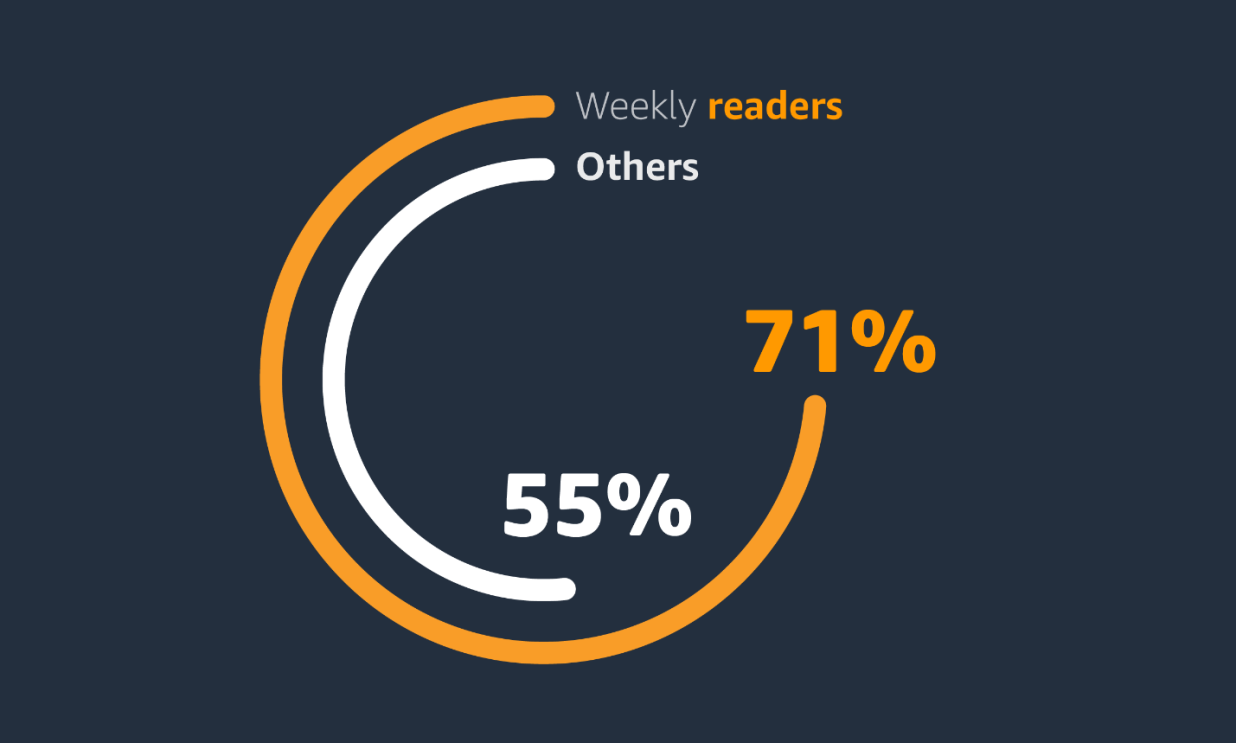
71% of weekly readers report feeling happier, compared to 55% of other readers.
The increased relaxation and positive effects from reading may be why weekly readers feel happier than those who read less frequently, or not at all.
Reading has long been a way for us to escape into a different world or to learn something new. In the face of increasing connectivity, many of us want to get lost in a book and not be interrupted by notifications or distractions. According to the survey, nearly half of global participants (45%) are making it a personal development goal to read more this year.
The “always on” nature of the Internet, however, with social media FOMO, constant phone notifications, and the quest for inbox zero can be stressful and overwhelming, and make finding time for reading more difficult.
Many people prefer reading as their primary self-care activity. It’s quite common for people to cancel social plans or activities in order to prioritize “me time” with a book. In fact, more than 70% of global survey participants admit they have skipped or put off another activity in order to read.
In different regions, some people will even prioritize reading over sleeping more or losing weight
- More people would prefer to read than get extra sleep in countries like Brazil, India, Italy, Japan, and Mexico.
- In 2019, more people want to read more than lose weight in countries like Brazil, China, India, and Mexico.
Readers use books to stimulate meaningful conversations and form deeper connections with others
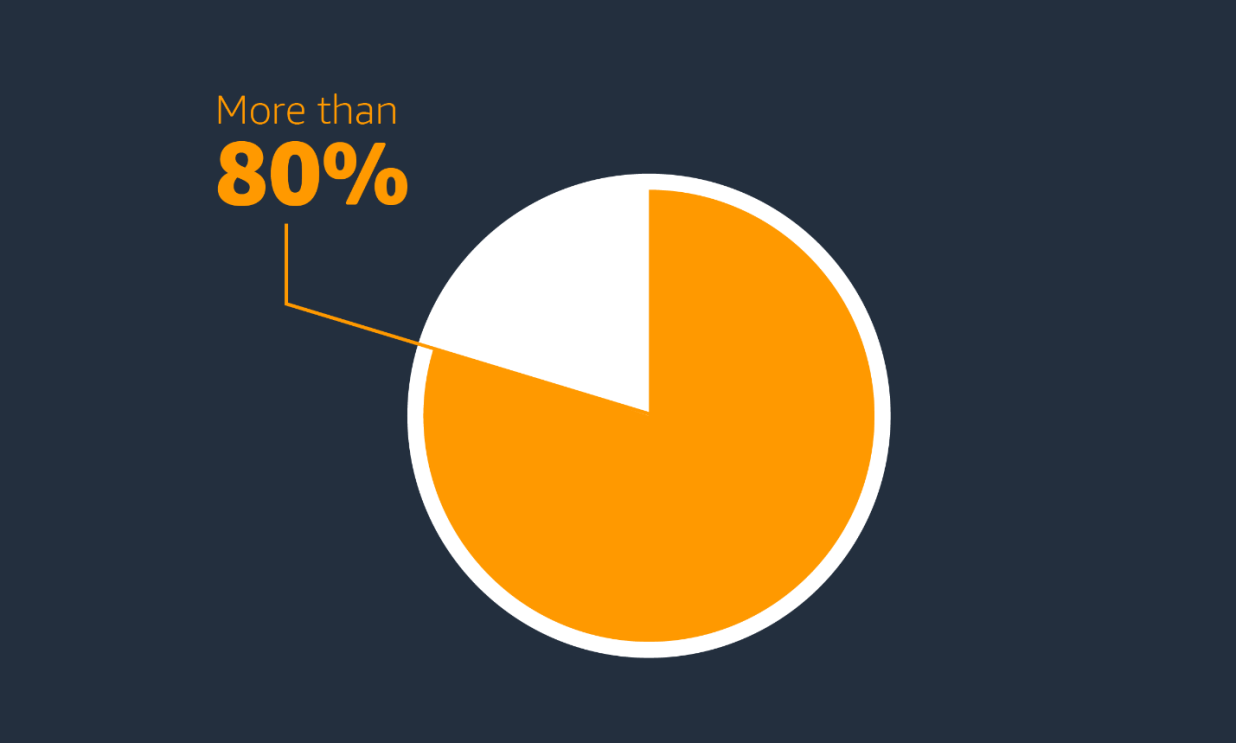
Bookworms everywhere agree that retreating into a good book has helped foster relationships.
More than 80% credit reading for improving their relationships, and 81% look forward to discussing at least one aspect of the book with others.
Celebrities have even tapped into this culture, with Emma Watson’s “Our Shared Shelf” and Reese Witherspoon’s “Hello Sunshine” book clubs among the many created to build communities and stimulate more thoughtful conversations through reading. About 45% of survey participants feel reading has given them something important to discuss with others. And, more than 60% of participants choose to discuss books at a book club, rather than drink wine (contrary to popular belief).
Reading can influence romantic relationships
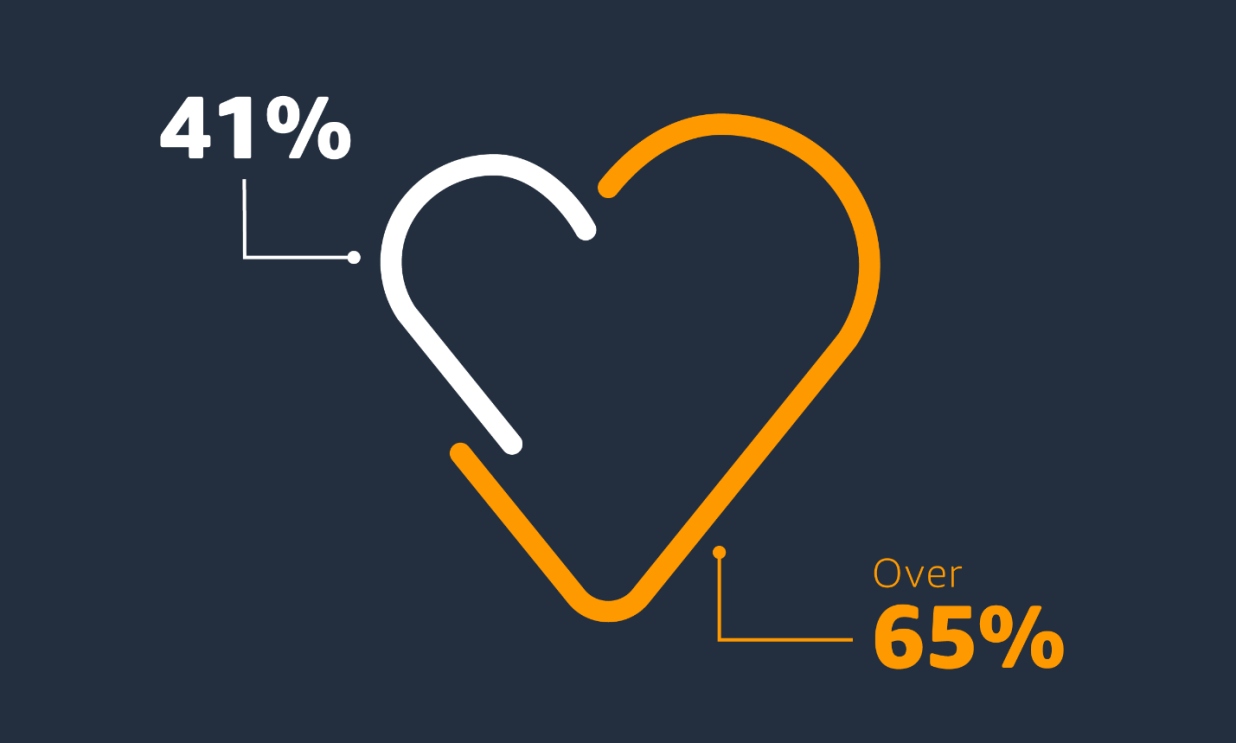
More than 65% of people around the world agree that reading is a major turn on.
41% of global couples say discussing books was one of the things that made them fall in love with their significant other.
And, believe it or not, some readers take the importance of reading to an extreme. Around the globe, almost a third (30%) of readers who are married or in a relationship say they would question their relationship based on the types of books or genres their partner chooses. Further, almost the same number (29%) also say they would question their relationship if their partner was not a reader at all. When those relationships hit the rocks, 1 in 3 readers turn to books to solve their relationship problems. But it’s not just in bad times, 40% of readers who are coupled-up say that romance books have helped enhance their relationships – meaning books often can hold the answer!
Reading really can have a strong, positive impact on customers’ lives. So we want to make it easy for people to take their stories wherever they go. Our Kindle devices offer a sanctuary reading experience with no distractions, to encourage reading anywhere, everywhere – especially for the 34% of global participants who say they read to get away from digital distractions.
Meet Our latest lineup of Kindle devices
- The All-New Kindle is our most affordable device. Its lightweight design is complete with a front light to illuminate your stories – plus, it’s the first Kindle with this feature for less than $100.
- The Kindle Paperwhite is a fan favorite with its sleek flush-front display and waterproofing so you won’t have to worry about a splash or accidental dip in the pool.
- The Kindle Oasis has our largest, highest-resolution display in the lineup – and an ergonomic design for comfortable reading for days on end.
Kindle devices come with instant access to the Kindle store, featuring the world’s best selection of content, so that great books are always within reach.
We celebrate book lovers around the world—alongside the many wellness, relationship, and other benefits reading can provide.
Survey Methodology
The study surveyed 27,305 people aged 18+ in the U.S. (2,004), Canada (2,088), Mexico (2,125), Brazil (2,067), Germany (2,038), U.K. (2,172), Spain (2,062), France (2,164), Italy (2,132), Australia (2,161), India (2,014), China (2,182), and Japan (2,096). The survey was conducted in two phases, i) U.S., Germany, and Japan were conducted online during the period of October 16-23, 2018, ii) Canada, Mexico, Brazil, U.K., Spain France, Italy, Australia, India and China were conducted online during the period of January 16-24, 2019. The study has a margin of error of +/- 0.6%. Results of any sample are subject to sampling variation. The magnitude of the variation is measurable and is affected by the number of interviews and the level of the percentages expressing the results.
The study surveyed 27,305 people aged 18+ in the U.S. (2,004), Canada (2,088), Mexico (2,125), Brazil (2,067), Germany (2,038), U.K. (2,172), Spain (2,062), France (2,164), Italy (2,132), Australia (2,161), India (2,014), China (2,182), and Japan (2,096). The survey was conducted in two phases, i) U.S., Germany, and Japan were conducted online during the period of October 16-23, 2018, ii) Canada, Mexico, Brazil, U.K., Spain France, Italy, Australia, India and China were conducted online during the period of January 16-24, 2019. The study has a margin of error of +/- 0.6%. Results of any sample are subject to sampling variation. The magnitude of the variation is measurable and is affected by the number of interviews and the level of the percentages expressing the results.
Trending news and stories
- Amazon's Thank My Driver feature: How it works and how you can show appreciation all year long
- Everything you need to know about ‘Thursday Night Football’ on Prime Video
- What is Amazon Luna? Cloud gaming reimagined
- How Amazon is using predictive meteorology to help employees and partners stay safe this winter


